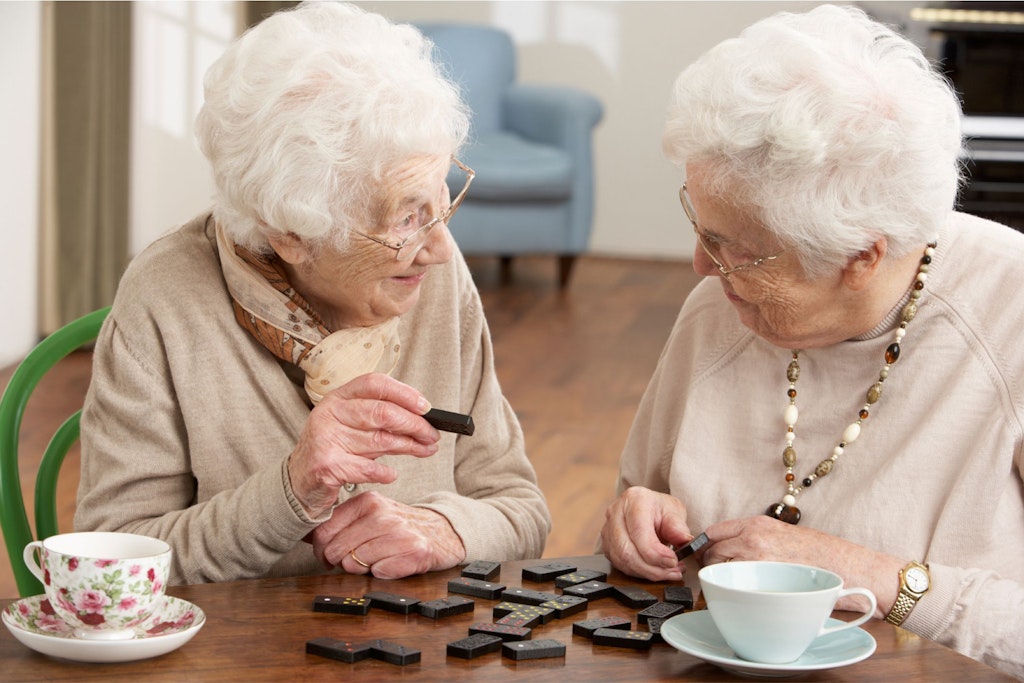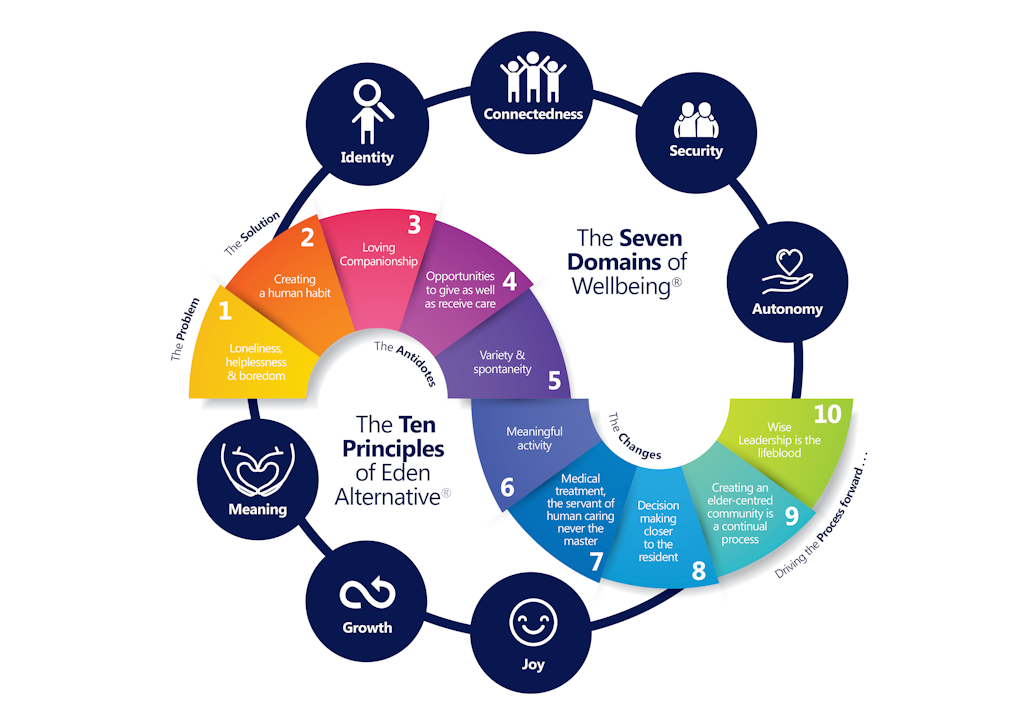Creating a new vision: Putting the person first through a Person Directed Care approach
Last updated on 20 September 2023

By guest contributor Sally Hopkins
Person-centred practice has been a buzz phrase for a number of years. The essence of this idea is that the person receiving the care is at the centre of any decision-making that will affect them directly. The current Aged Care Standards require us to truly focus on the person first and that relationships are key. We need to be more than person-centred.
Many aged care organisations are able to demonstrate that they have embraced and are actively engaged in a person centred care practice approach. There are wonderful stories of homes that celebrate ageing well. Equally, there are also many, many stories where an organisation’s promise of a person centred care practice isn’t matched by the service delivered.
In practice, the decision-making continues to be made by the staff member in isolation from the individual receiving the care. It is often seen as ‘yes, we hear you, but this is how it’s going to happen.’ There is little evidence of empowerment across the organisation. Staff remain attached to lists – shower lists, beverage lists etc. Much of what is seen is window dressing. Much of what is experienced is institutional care.
Let us shift the dial…
The Eden Alternative® is a philosophy of person or relationship-directed care. The aim is to create meaningful relationships which support people to live their lives with meaning and purpose and to eliminate loneliness, helplessness and boredom.
There are two components of the Eden Alternative® Framework (see image). The 10 Principles of the Eden Alternative are the roadmap for your vision and moving towards a person-directed model of care. Through the Eden Alternative® Domains of Wellbeing, we learn more about the people we’re supporting and that relationships are key. Wellbeing is your destination.
Imagine your residents or clients are in the driver’s seat of their lives, not you. “Nothing about me, without me” resonates widely. Embracing a person-directed care model means that people receiving the care have real self-determination, dignity and choice and are able to live purposefully.
Empowered care partner teams ‘see’ the ability of people, regardless of their age, cognition or ability. Decisions are made collaboratively. Your governance and compliance requirements are met or exceeded.
Implementing the Eden Alternative is a transformative process focusing on personal, organisational and environmental changes.
Personal transformation starts with ourselves and our staff. Unless we connect the hearts and minds of people, then no matter the care model, you won’t get a positive shift in the culture that you desire. Your first step to having a person-directed care model is for key staff to complete the Eden Associate training.
Creating and sharing the collective organisational vision and providing education for everyone is a critical element for success. Supporting your staff to think of themselves as key stakeholders enables greater commitment and engagement and a shared purpose.
Organisational transformation requires the whole of the organisation to commit to shifting the culture from a task/time paradigm to one where empowered teams create relationships throughout the organisation. Eden education needs to happen for all stakeholders – Board, clients, residents, staff, families, volunteers and the wider community.
Creating a shared vision with the teams and resident communities fosters a collaborative, collegial environment where people feel supported and empowered. Everybody is a committed keeper of your preferred/desired culture.
Finally, the physical/environmental transformation doesn’t require new buildings but does require new, practical ideas about how people want to live in a mixed community. An institutional environment often sees a regimented design that doesn’t reflect the people who live there. We promote smaller community housing (10-16 people) and household designs that support individual needs and do not isolate people due to cognitive changes.
Creating the culture you want to have and keep (rather than destroy)…requires education. Through the 10 Eden Principles and the seven Eden Domains of Wellbeing®, organisations are able to plan and create a community that empowers people in all aspects of daily life.
Relationships are key; leadership is accountable; community members are part of the decision-making. Your resident/client communities are thriving and individual growth is a team sport. Your strong corporate culture is clearly on display through thought, word and deed.
“A culture is strong when people work with each other, for each other. A culture is weak when people work against each other, for themselves.” – Simon Sinek

organisations are able to plan and create a community that empowers people in all
aspects of daily life. [Source: Supplied]
Want to know more? Explore your education options for personal and organisational development, with our upcoming training events. For more information go to www.edeninoznz.com.au. You can also find us on Facebook or LinkedIn.